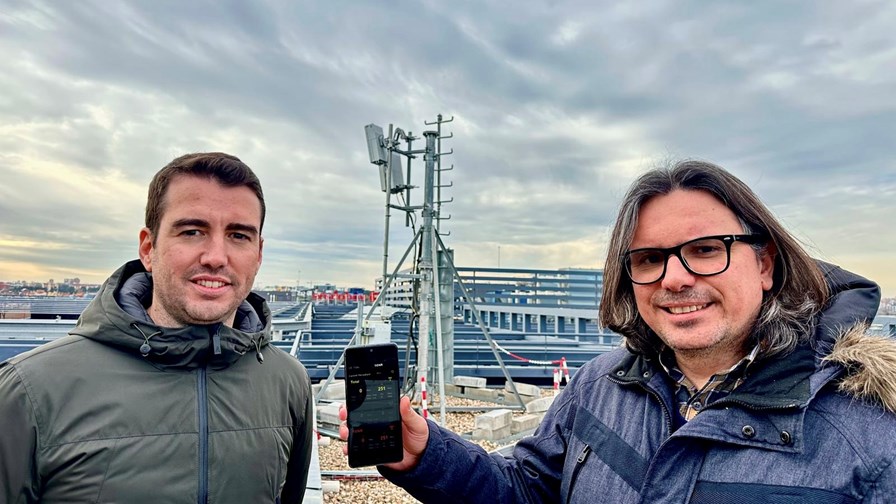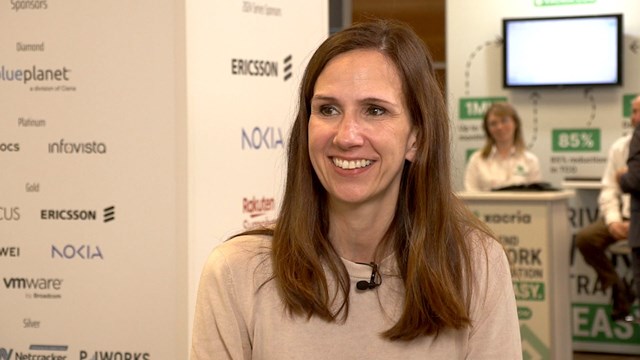
Source: Vodafone
- Vodafone has been pushing the boundaries of advanced 5G networking capabilities
- It has teamed up with Qualcomm and Xiaomi to show how 5G standalone networks can enable super-fast 5G uploads
- The results promise enhanced experiences for consumer use cases, such as cloud gaming and video streaming
Ever keen to promote customer-friendly mobile networking advances, Vodafone has teamed up with Qualcomm and Xiaomi to test advanced 5G technology that pushes mobile data uplink speeds to 273 Mbit/s and pledges to transform the experience of bandwidth-hungry consumer applications, such as cloud gaming and virtual reality.
Described as a European first by the network operator, the technical test was conducted by Vodafone in collaboration with wireless chip giant Qualcomm and smartphone vendor Xiaomi in the Spanish city of Ciudad Real. Combining the capabilities of the mobile operator’s 5G standalone (SA) test network in Spain and its commercial 5G SA network in Hannover, Germany, with Qualcomm’s latest silicon technology (the Snapdragon 8 Gen 3 Mobile Platform) and a yet-to-be-released Xiaomi smartphone, the partners claim to have achieved peak upload speeds of 273 Mbit/s, which Vodafone boasted is way more than double the average 100 Mbit/s upload speed that is possible with today’s mobile services.
In its press release unveiling the milestone, Vodafone also claimed the test showed that enhanced 5G technology raises upload speeds “closer to download levels”, while extending coverage and boosting capacity.
Vodafone explained that it used “advanced capabilities” of 5G SA for its feat, in the form of uplink carrier aggregation with Tx switching, a technique that combines multiple transmission channels supported by the smartphone and the mobile antenna.
So this is all very well but what difference might this make to end users? According to Vodafone, the technology will enable mobile users to benefit from greater uplink speeds over wider coverage areas when next-generation smartphones hit the shelves, which is expected to happen later this year. Benefits will include faster content uploads to social media platforms and the cloud, which can help to meet “the growing demand for cloud storage, video streaming, augmented and virtual reality applications and multi-player gaming”.
The operator also claimed to be a pioneer in the deployment of 5G SA infrastructure across its operational footprint: It has already made commercial launches of the technology in Germany (April 2021) and the UK (2023), and is running pilots in other markets.
“We want our customers to be among the first anywhere in the world to benefit from this new 5G feature when it becomes available. That’s why we are working with key partners to lead the industry in pulling together and testing the necessary network, silicon chips and devices to turn it into a reality, all while driving a stronger vendor and developer ecosystem,” said Alberto Ripepi, Vodafone Group’s chief network officer.
Enrico Salvatori, SVP and president for Qualcomm Europe/MEA, described the evolution of 5G towards standalone as the “ultimate realisation of 5G technologies”.
Mobile operators are desperate to find additional ways to drive new revenues from 5G services and get a return on their massive 5G network investments, something that currently appears to be some way off – see 5G reality bites hard in South Korea.
- Yanitsa Boyadzhieva, Deputy Editor, TelecomTV
Email Newsletters
Sign up to receive TelecomTV's top news and videos, plus exclusive subscriber-only content direct to your inbox.




